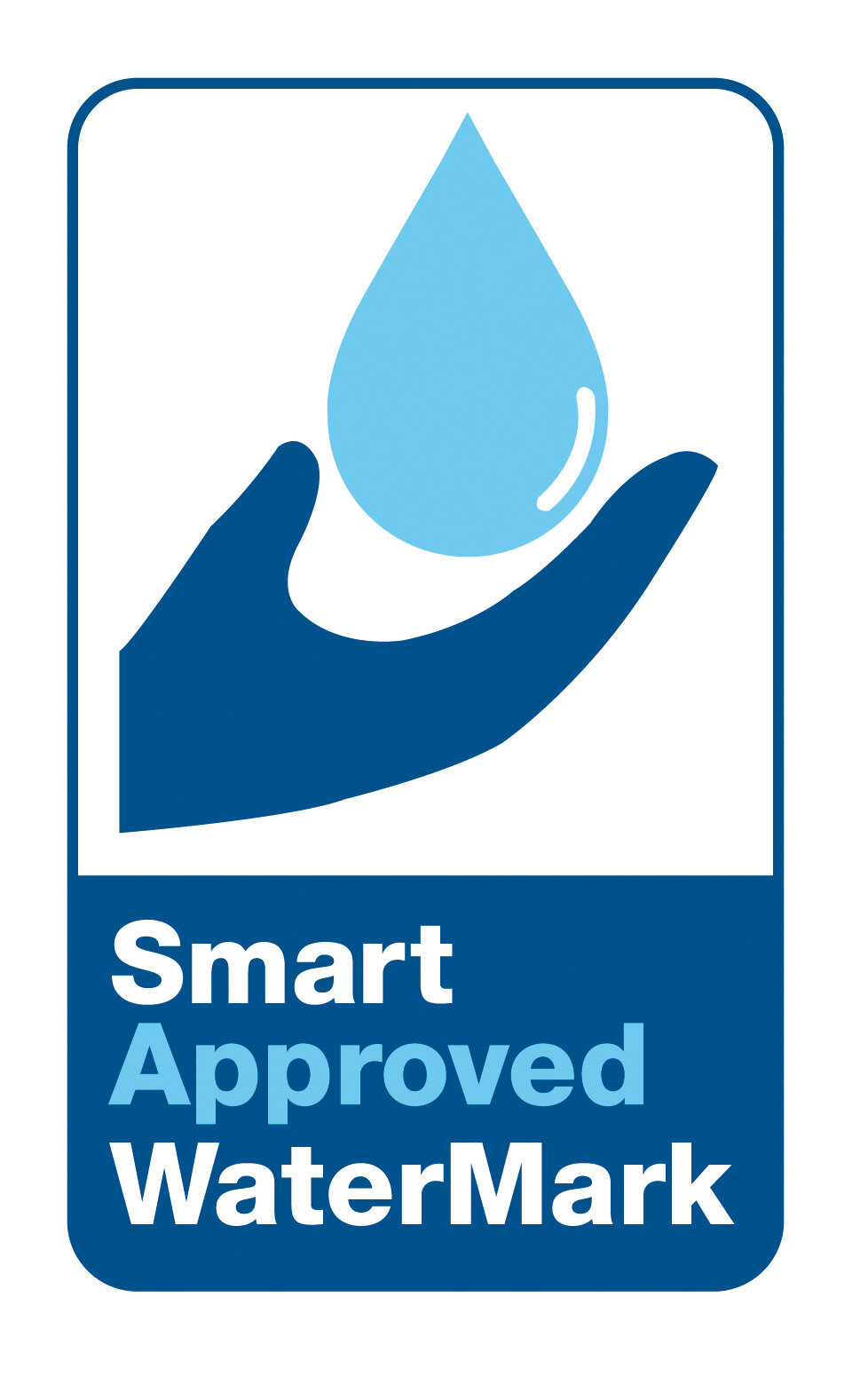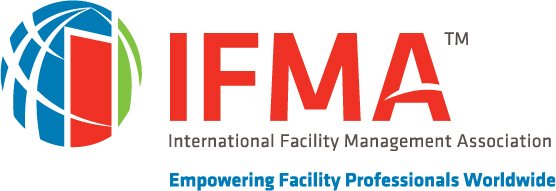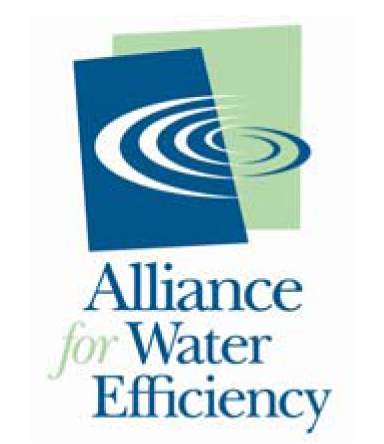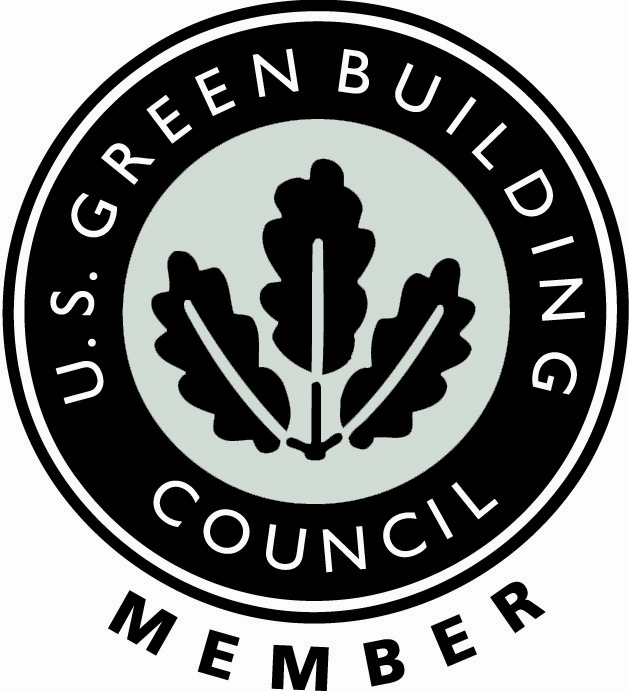In the past few years, there has been a notable change in how we discuss water conditions in the U.S. and other parts of the world. Instead of discussing precipitation and rainfall, we’re going underground. It’s all about aquifers now.
⏳Since the beginning of time, vast volumes of water have been stored underground – just waiting to be tapped. But now we’re going too far. At least in the U.S., we are depleting ground water faster than ever before. And these aquifers are not being refilled – at least fast enough to compensate for how much is being pumped out.
This is because we are all becoming more dependent on ground water, more than ever before. Using it has become essential to everyday American life, for farming, cooling massive data storage centers, and mining, drilling, and other forms of industry.
🧑🏫Given the widespread and increasing reliance on ground water, what are the potential long-term consequences of this over-pumping? The implications could be significant and far-reaching.
Here are some takeaways you should be aware of:
📣The danger is worse than most of us realize.
According to a New York Times study, 45 percent of the aquifers in the country “showed a statistically significant decline in water levels since 1980. Four in ten sites reached record-low water levels during the past decade, and last year (referring to 2022) was the worst yet.”
This trend threatens entire communities and is happening now in places like Iowa, which is very dependent on groundwater for farming and industry.
🍲Reduced ground water supplies threaten our status as a food superpower.
Since World War II, America has been viewed as more than a military superpower. It’s also been viewed as a food superpower. It has always been one of the world’s largest exporters of corn, soybeans, some fruits and vegetables, and cotton. Groundwater depletion is threatening to bring that dominance to an end.
Just look at what’s happening to Kansas. Three million acres of land no longer have enough ground water to support large-scale agriculture. And forget traditional precipitation. As of June 2024:
· Twenty percent of Kansas is in severe drought.
· Twenty-four percent in moderate drought
· The rest of the state is in abnormally dry conditions.
🌊The challenge has moved east.
Many of us believe the west is most impacted by the aquifer problem. Think again. In the Maryland suburbs, 75 percent of the aquifers currently monitored have seen water levels drop since 1980, some by more than one hundred feet. It’s expected that ground water in these suburbs near Washington, DC, will run out of water in about a decade.
To survive, what these suburbs will do is draw water from aquifers in other states, depleting their water resources in the process.
😞Nature hates a vacuum.
Let’s assume a huge groundwater source in Utah has been totally pumped out. Now there is empty space where the water was once stored. Expect the surface to collapse in these areas. This is already happening in parts of Utah and other western states. This means homes, industry, and entire communities sitting atop these former aquifers are likely to collapse as well, as if an earthquake hit the area.
🏛️Dealing with the challenge.
Like it or not, more regulations of groundwater are urgently needed. There are regulations in most states about the use of groundwater, but they are not always enforced or have not kept up with the many changing demands on this water.
This will need to change.
🏛️But in the interim - and for the long-term - water efficiency is the only answer. For instance, using water only when and where needed is the most efficient way to consume water. We are already seeing this happening in commercial restrooms, which use staggering amounts of water. More efficient toilets, faucets, showers, and urinals are being installed.
As to urinals, what is increasingly happening is the installation of no water urinals. Most areas of the country and the world have come to realize water is simply not necessary for urinals.
-Klaus
-Klaus Reichardt is CEO and founder of Waterless Co, Inc., a pioneer in advancing water efficiency. Reichardt is a frequent author and presenter who discusses water conservation issues. He can be reached at klaus@waterless.com










